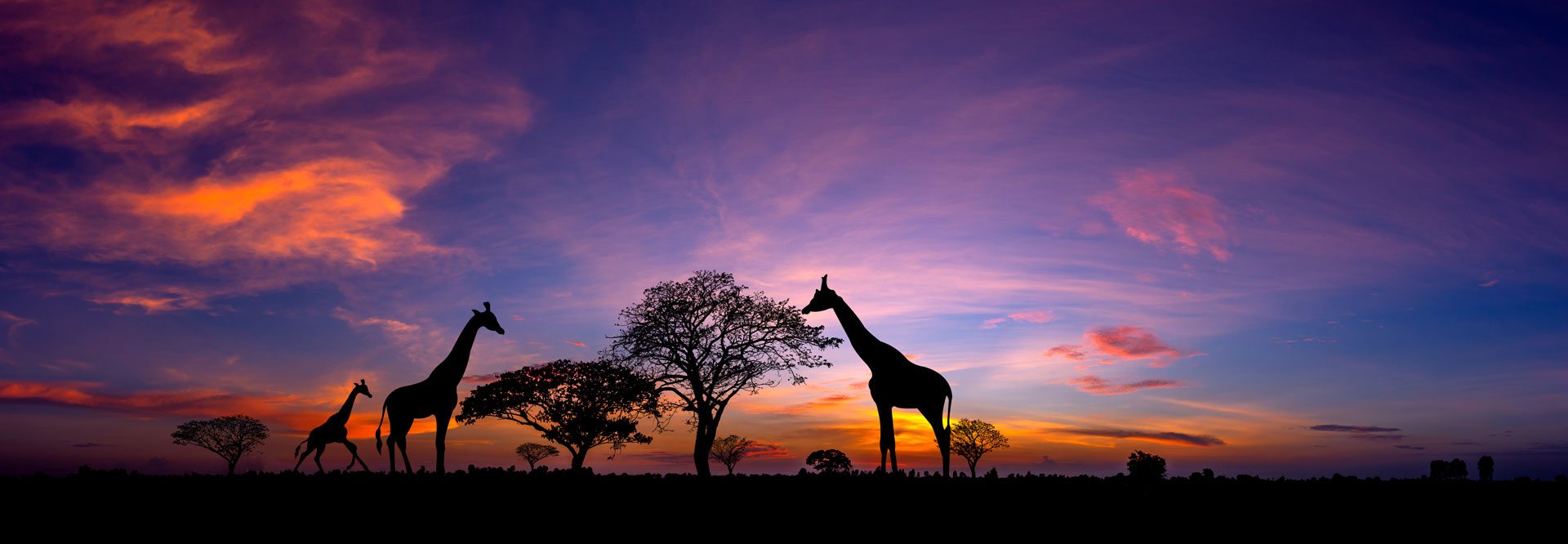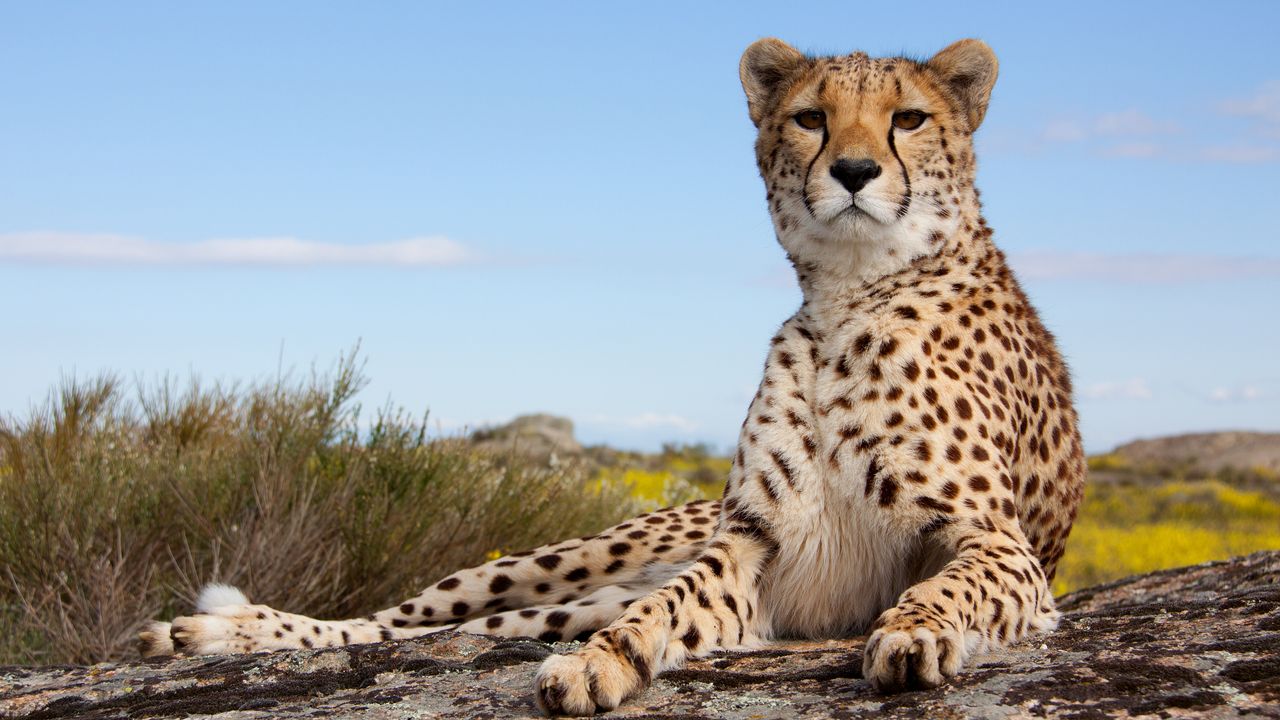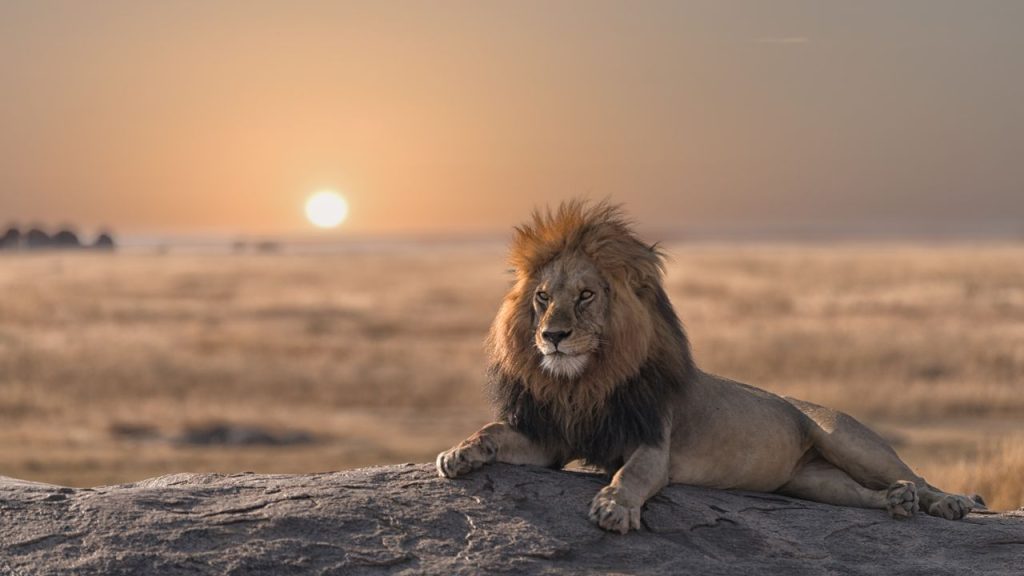Kilimanjaro Climbing: A Guide to Conquer Africa’s Highest Peak
Mount Kilimanjaro, located in Tanzania, is the highest peak in Africa and one of the most sought-after destinations for adventurous trekkers and hikers. Standing at an impressive 5,895 meters (19,341 feet) above sea level, Kilimanjaro offers a challenging yet rewarding experience for those who dare to conquer its majestic summit. In this article, we will explore Kilimanjaro climbing and provide you with essential tips for a successful trek, specifically focusing on the Lemosho Route.
Choosing the Lemosho Route
When planning your Kilimanjaro trek, selecting the right route is crucial for your overall experience. The Lemosho Route is often regarded as one of the most scenic and diverse routes, offering breathtaking views and a higher chance of reaching the summit. This route is longer and less crowded compared to other popular options, allowing for better acclimatization and increasing your chances of success.
The Lemosho Route typically takes around 7-8 days to complete, providing ample time for your body to adjust to the altitude and minimizing the risk of altitude sickness. This route also offers a variety of landscapes, from lush rainforests to alpine deserts, making your journey to the top even more memorable.
Preparing for Kilimanjaro Climbing
Before embarking on your Kilimanjaro adventure, it is essential to prepare both physically and mentally. Here are some tips to help you get ready:
- Train your body: Kilimanjaro climbing requires a good level of fitness. Engage in regular cardiovascular exercises, such as hiking, running, or cycling, to improve your endurance. Additionally, incorporate strength training exercises to build your leg muscles, as they will be heavily relied upon during the trek.
- Pack the right gear: Invest in high-quality trekking gear, including sturdy hiking boots, warm clothing, a waterproof jacket, and a comfortable backpack. Don’t forget essential items like a headlamp, trekking poles, and a sleeping bag suitable for cold temperatures.
- Acclimatization: Altitude sickness is a common concern when climbing Kilimanjaro. Take your time to acclimatize by choosing a longer route like Lemosho and allowing for rest days during the ascent. Stay hydrated, eat well, and listen to your body’s signals.
- Mental preparation: Climbing Kilimanjaro is as much a mental challenge as a physical one. Stay positive, set realistic expectations, and be prepared for the unpredictable. Remember that reaching the summit is an achievement in itself, regardless of the pace.
During the Trek
Once you start your Kilimanjaro climb, here are some tips to keep in mind:
- Pace yourself: Kilimanjaro climbing is not a race. Maintain a slow and steady pace to conserve energy and allow your body to adjust to the altitude. Pole pole, meaning “slowly” in Swahili, is the mantra to remember.
- Stay hydrated and nourished: Drink plenty of water throughout the trek to prevent dehydration. Carry energy-rich snacks like nuts, chocolate, and energy bars to fuel your body during the long days of hiking.
- Listen to your guide: Your experienced guide will be your greatest asset during the trek. Follow their instructions, heed their advice, and communicate any concerns or symptoms of altitude sickness immediately.
- Enjoy the journey: Kilimanjaro climbing is not just about reaching the summit. Take the time to appreciate the stunning landscapes, diverse flora, and fauna, and the camaraderie with your fellow trekkers. Embrace the experience and create lasting memories.
Conclusion
Climbing Mount Kilimanjaro is a challenging and rewarding adventure that requires careful planning, physical preparation, and mental resilience. The Lemosho Route offers a fantastic opportunity to experience the beauty of Kilimanjaro while increasing your chances of reaching the summit. Follow the tips provided in this article, and embark on an unforgettable journey to conquer Africa’s highest peak.


